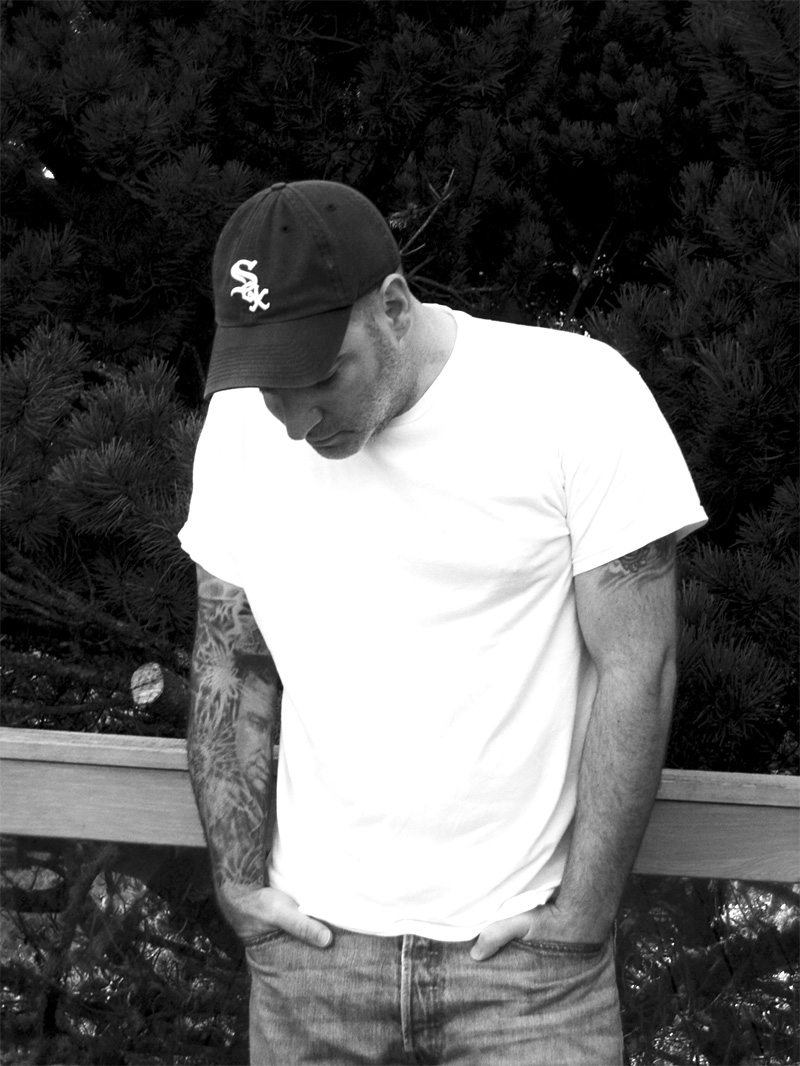Glenn Rockowitz was a 28-year-old stand-up comic in New York, with a wife just two weeks away from giving birth, when his ongoing tiredness was finally diagnosed as cancer. He was given three months to live.
I hope it won’t “spoil” his new memoir of that time, Rodeo in Joliet (Bennett & Hastings, $23.95), to say that he did not actually die. Rather, after months of terror, absurdity, and outrageous good fortune, he went into full remission, thanks to a then-experimental drug.
With a new future in hand, Rockowitz sat down and poured out 100 pages about his experience—pages intended, he says, only for his son.
Then came 9/11, which Rockowitz witnessed from downtown Manhattan. Feeling brutalized and in need of a new start, he and his family left for someplace green and gleaming and far away and calm: Seattle. But the bad times were just beginning. While it’s not unusual for chemotherapy to set people up for more disease, Rockowitz is an extreme case, having developed three more, and different, types of cancer since moving to Seattle.
“Your body manufactures cancer,” is how one physician put it to him. “There’s no way around it.”
Faced with new threats to his survival, Rockowitz returned to his unfinished book a few years ago, writing up to two pages a day. He began to see the project as a way to aid cancer victims—providing a more unvarnished take than that offered by Lance Armstrong’s famous memoir (stacks of which arrive on the gift table of every new cancer patient).
“I thought of going down the road of a proposal and finding an agent,” Rockowitz recalled during a recent interview, “but I’m too impatient. And I didn’t want to get into the politics of changing my story, watering down my voice, which is every egomaniacal writer’s problem.” Instead, he self-published last year, circulating the book among friends and on Amazon. The response was positive enough that he turned to Seattle publisher Bennett & Hastings for more formal distribution.
If Armstrong’s book promotes focus, determination, and a “live strong” attitude, Rodeo is for readers inspired by caustic humor and an honest depiction of rancid smells, sketchy doctors, and unheroic emotions. It would take a scholar of the genre to know if this is the funniest cancer memoir ever written, but it’s got to be up there.
Yet there’s nothing flip or false about it. It’s far more grim than jokey, as Rockowitz wrestles with the reactions of friends and loved ones, such as the guy who replied: “Jesus, Glenn. It’s always something with you.” Then there’s the burden of worrying about their emotional well-being: “I am tired of making sure everyone else is okay with me dying,” he writes.
The sentences are direct, declarative, and immediate. “I didn’t spent time being precious about things,” says Rockowitz, who has lately been working as a copywriter and voiceover artist at the Seattle ad agency WongDoody. “I tried to keep it in almost a real-time vibe, to put the reader in that moment, what it felt like, every step of the way.” The rodeo of the title refers to a certain prison custom best left for the author to describe, which serves as a metaphor for his experience as cancer’s bitch.
Though Rockowitz could hardly be more a New York Jew—mouthy, cynical, self-disparaging, and deeply sentimental—he actually left the city at age 8 and spent high school and college in Phoenix. He dropped out to join Second City in Chicago, then did stand-up full-time in Boston and New York. “I loved the social thing after the shows,” he recalls. “They are all such broken people.”
His habitual wise-assery has not always gone over so well in earnest Seattle. He recalls that soon after arriving he interviewed for a position as the manager of a Starbucks in Magnolia—he needed a job, any job. After watching a long line of perky female candidates respond with identical perky enthusiasm to the question “Why do you want to work at Starbucks?”, he found himself replying: “Because Tully’s has a restraining order against me.” He didn’t get a call back.
He’s also occasionally been accused of racial insensitivity—only by whites, of course. Says Rockowitz: “I’ve never seen a city where people are so indignant on other people’s behalf.”
Having already filed for bankruptcy once due to medical expenses, Rockowitz only half-jokes that, under the law, he can do it again in 2013—“if I hang on long enough.”
“Statistically, it would be a long shot if I made it another five years,” he says. Still, he marvels, “my kid’s now 10 years old. I wasn’t supposed to see any of this.”
“Comedy, and being able to laugh—as nauseatingly cliché as it sounds—helped me a lot.”








